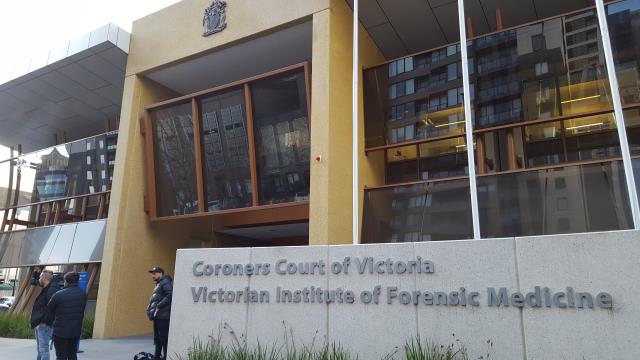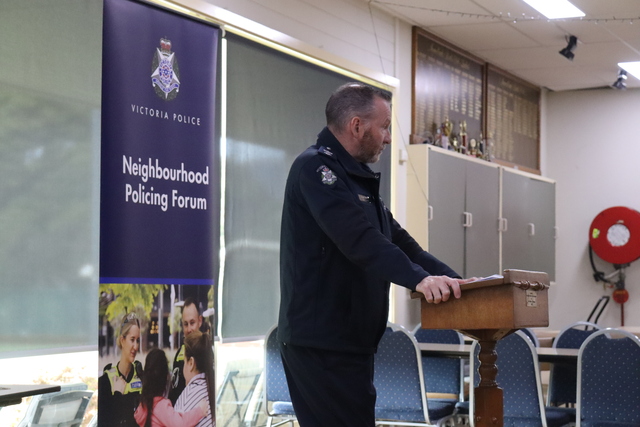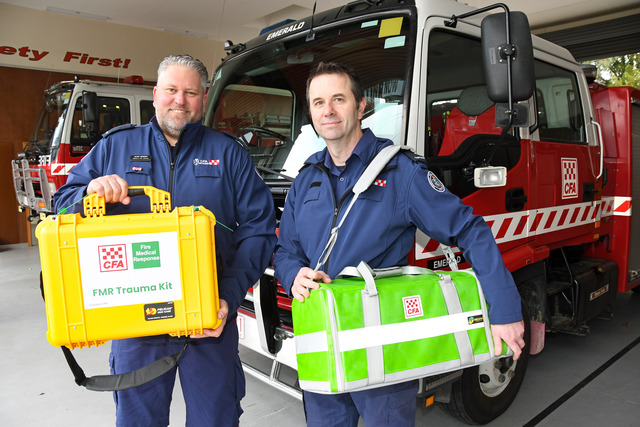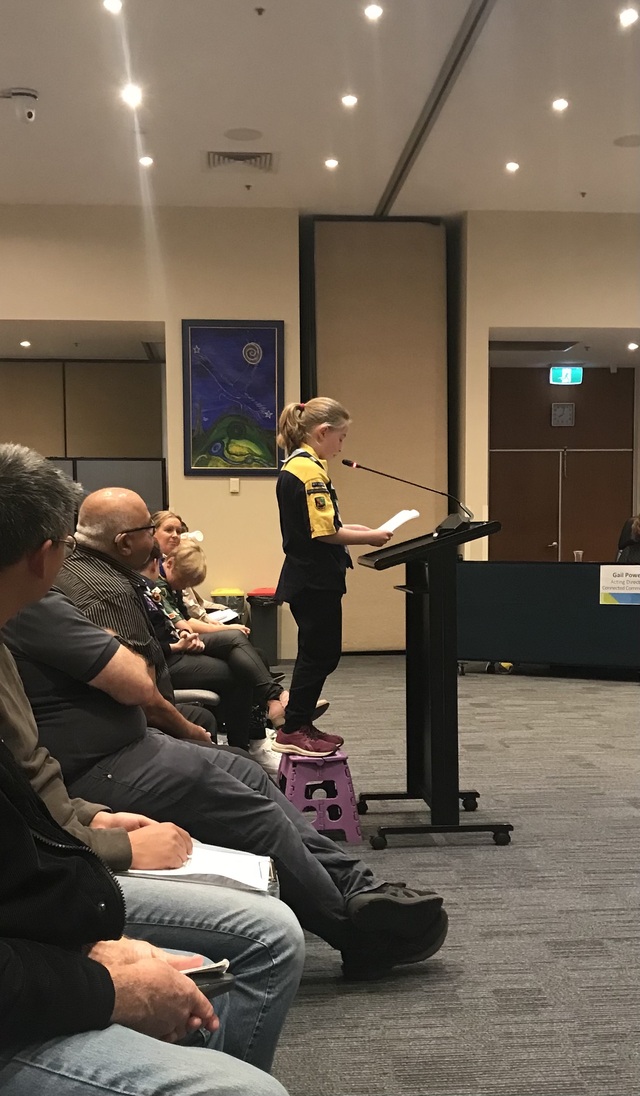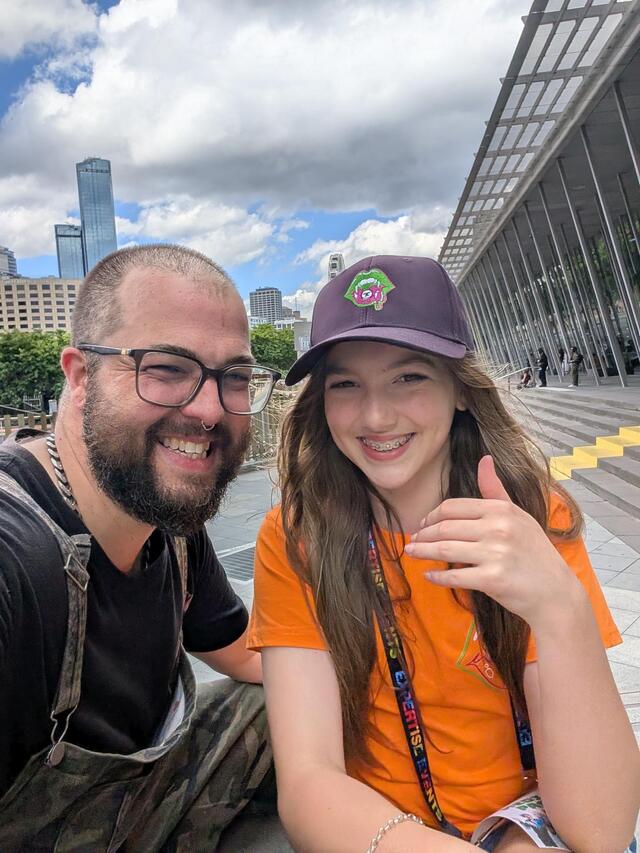Warning: This article contains content about infant death.
A coroner has urged expectant parents to be wary of the risks of ‘freebirth’, at-home births with no medical assistance, following the death of Baby H, reported to have occurred at a commune in the Yarra Ranges by the Herald Sun.
Born on 21 September 2022, Baby H was the fourth child of their parents, with their siblings having been born at home in the presence of a midwife or doula.
Baby H’s siblings all had long labours but were described as ‘smooth’, with the mother not seeing a medical practitioner at any point during her pregnancy with Baby H and the sibling who preceded them.
Baby H’s mother went into labour at about 8am on 21 September 2023 when she believed she was at 41 weeks gestation. About 30 minutes prior to birth, the mother stopped feeling movement from the baby and at 11.25pm, she gave birth to Baby H who had a white and blue complexion, exhibited no signs of life and the umbilical cord had a prominent blue vein.
It is unclear whether Baby H was alive at birth or stillborn, but the parents tried to arouse Baby H for ten minutes with no success, after which they stayed with the baby overnight and grieved, calling their parents at 6am the next morning to inform them.
At 9am, the parents cut the umbilical cord, placed Baby H in a wicker basket with a blanket and placed the basket in a fridge. They contacted a funeral home later in the day who alerted emergency services, with police and paramedics arriving on scene at 6pm.
Coroner Audrey Jamieson proceeded with requesting an autopsy, despite the parents objecting on spiritual grounds.
“Our spiritual beliefs are that our soul travels on to other realms after existing here on Earth,” the parents submission read.
“We believe that it is important to honour and respect the body of this soul and return it to Papatūānuku (Mother Earth) without being desecrated,”
“The very fact that the body was taken from us and has been handled by those that are not family and friends has already pushed our boundaries. An autopsy on top of this feels like desecration and would also cause distress to her family and friends.”
The autopsy was deemed necessary by forensic pathologist Dr Melanie Archer as it ‘would not possible to rule out birth trauma with an external examination only, nor would it be possible to determine an internal anatomical cause for the death.’
Ultimately Baby H’s cause of death was ruled as unascertained, but the findings in the autopsy presented a number of issues that may have contributed to the death such as Baby H’s large size (weighing more then nine pounds), being past term and the impact of maternal diabetes.
Meconium was detected in Baby H’s lungs, which usually indicates stress and would trigger medical intervention in a hospital, and it can result in infant death due to damaging the umbilical cord, inhalation or exposure. Baby H’s lungs were collapsed and showed no sign of air flow, but is unclear if she ever lived outside of her mother.
A Coroners Prevention Unit search of the court database found between 2013 and 2023 34 deaths occurred due to home births between 2013 and 2023, with four of those in the context of a ‘freebirth’ with no medical staff or third party present.
Ms Jamieson said in the finding that decisions a parent makes during pregnancy and birth are deeply personal.
“I accept that it was Baby H’s parents desire and intention to have a peaceful home birth with only the two of them present, and that is the reason no medical advice or attention was sought when Baby H’s mother’s waters broke at around 8am on 21 September 2023,” it reads.
“What is more unclear to me is why no medical assistance was sought when her mother noticed that Baby H had stopped moving, or perhaps more obviously, when she was born in such condition and was unable to be roused,”
“Whilst I ultimately support a person’s right to choose how they birth, I would strongly encourage them to seek medical care during pregnancy so that they can make an informed decision on how to birth to ensure the best outcomes for them and their baby.”
Ms Jamieson also supported Safer Care Victoria’s position statement, with the organisation stating it would ‘strongly encourage women and families to seek care from trained AHPRA registered professionals, who can provide medical support when needed, helping to ensure the safest possible outcomes for mother and baby.’

